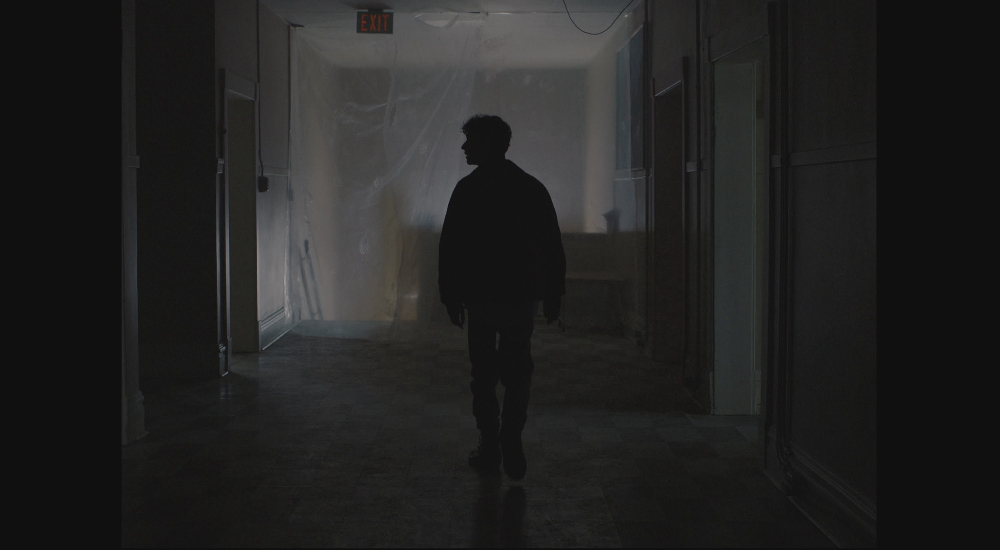"I didn't do anything wrong."
Hectic and chaotic to the point of near exhaustion, Joey Klein's Castle in the Ground works to give a direct and unapologetic look into the internal workings of the opioid epidemic. The film's 2012 setting is not by mere coincidence, marking the year that Purdue Pharma removed the drug from store shelves due to patent issues. It's a slight detail that will likely be missed by many, but for those familiar with the timeline of the narcotic, it sets a basis of respect and understanding between creator and spectator.
Nevertheless, the film struggles to navigate the murky waters that surround the drug's tragic wake, often losing itself within the details as it paints its picture with large, broad strokes rather than that of a more delicate brush.
Hereditary's Alex Wolff stars as Henry, a young man who has put off college to care for his ailing mother (a painfully underused Neve Campbell). Her death, though not entirely unexpected, sets off a course of events that sees Henry turning to prescription medication to ease the pain of his loss and the large scale loneliness and grief that accompanies her passing.
At this moment, when Henry succumbs to the emotional pain, the film switches gears. Though the dialogue often appears a bit off, most notably between Henry and Ana, his new neighbor played by a hauntingly perfect Imogen Poots, there is a point to all the madness - even if we never see it come to full fruition.
One of the most painful moments in the film rests in an early interaction between Henry and Ana at a pharmacy. Though never directly expressed, Ana needs her next fix and is having a difficult time getting a fake prescription filled. Henry, on the opposite side of the spectrum, is there for his mother's medication.
Though simple in both context and nature, the ripple effect that one conversation has on both of their lives is monumental. It's an intriguing side point, countering the opioid crisis with an in-depth look at the lasting effects of chance. Without that interaction, there isn't a movie. Well, there is a movie, just not this one.
There are honestly many moments like that, ones that center (and rely) on a particular course of events. I shouldn't be surprised; the film is a mere depiction of possible true events. However, for those who dig deep into the cause and effect balance that shapes our lives, it provides a dark and somber outlook at the control we often assume but never fully have with our life's journey.
The film, a painful snapshot highlighting the effects of the global tragedy, doesn't attempt to solve any problems. I respect Klein's approach in that way. He works tirelessly to showcase how desperate and unstructured a life undeniably controlled by cravings can become. It hurts to watch at times, and Castle in the Ground is almost always more informative than entertaining; however, you find yourself challenged when the screen finally goes black.
Much like real life, Klein doesn't provide any answers. It's stressful for me to grasp the potential life that either Henry or Ana could eventually lead. Though Ana, a convenient optimist, constantly tells those around her that things must get better, the reality isn't quite so simple. As we ultimately see, nothing in life is ever guaranteed.
*This film is being released on all VOD platforms.

